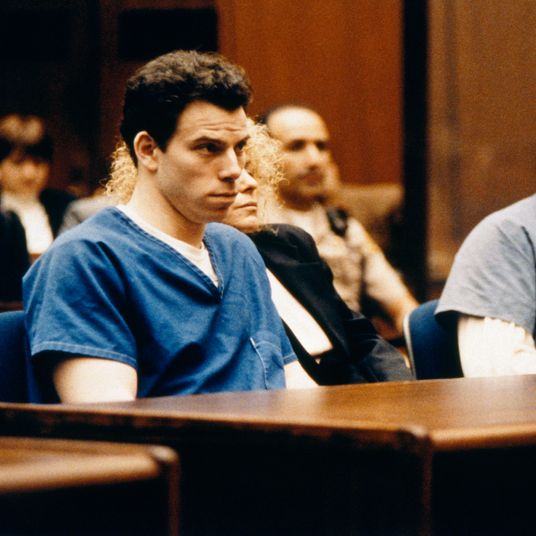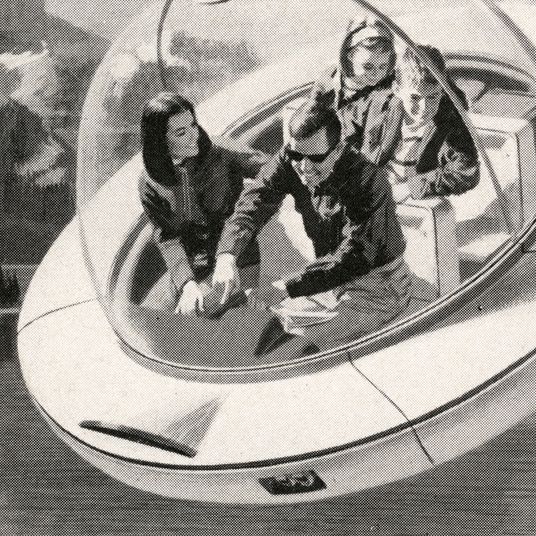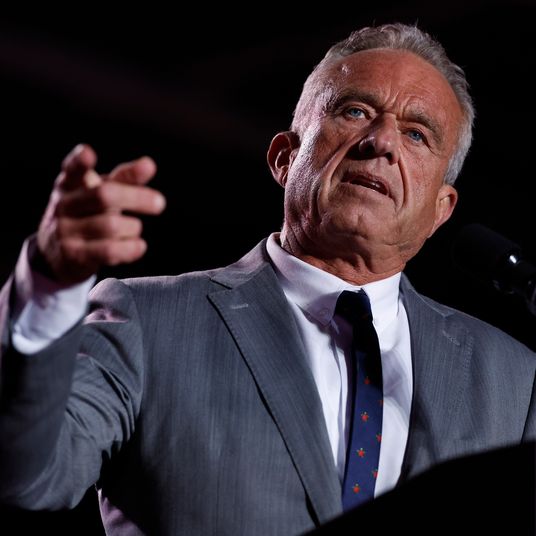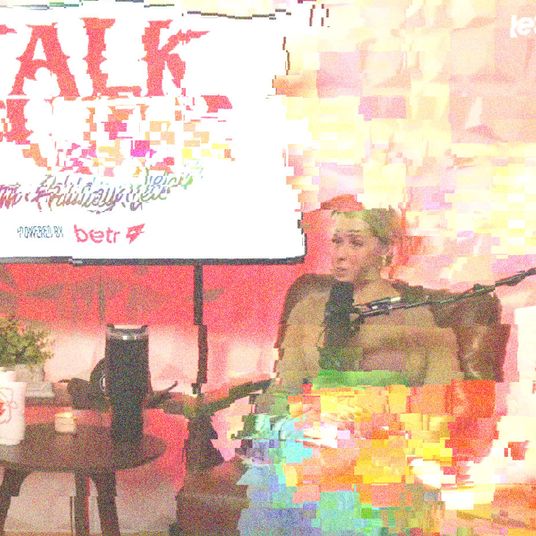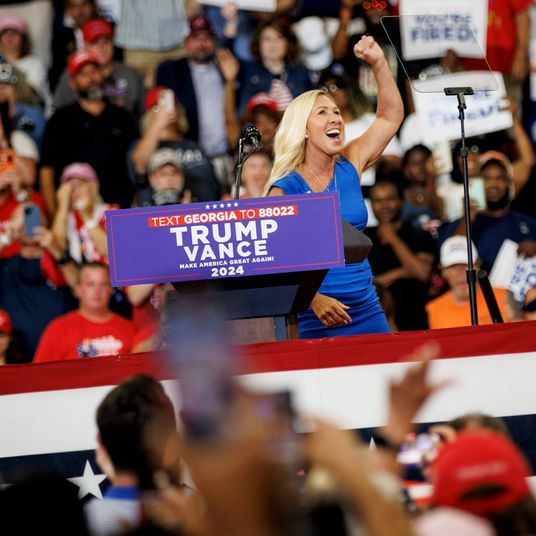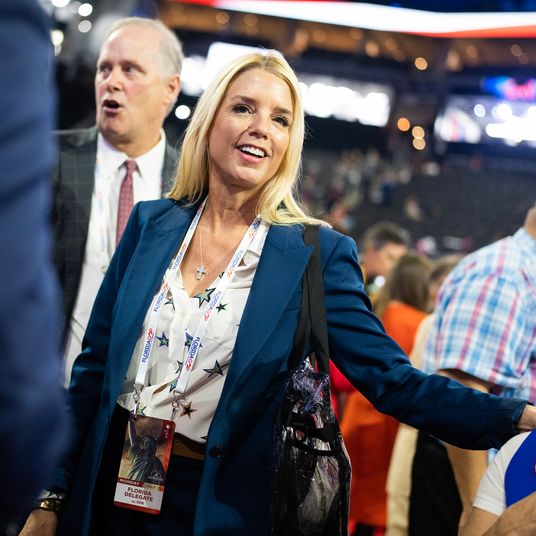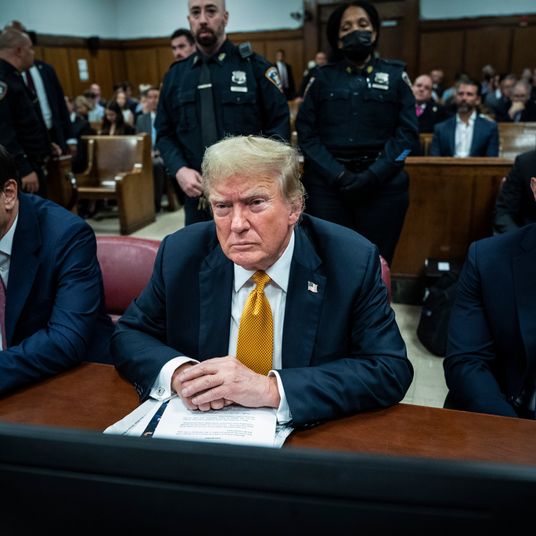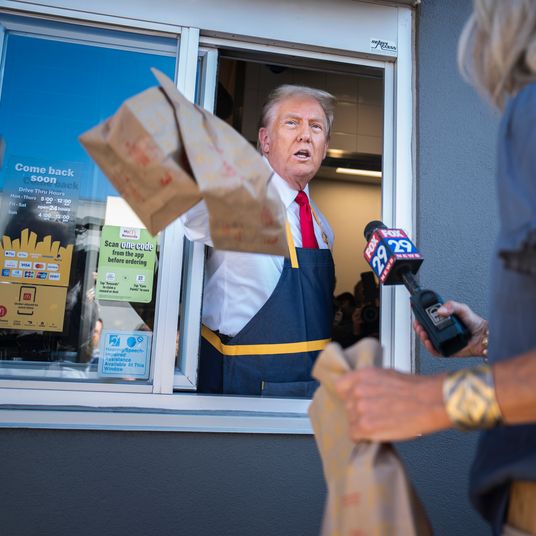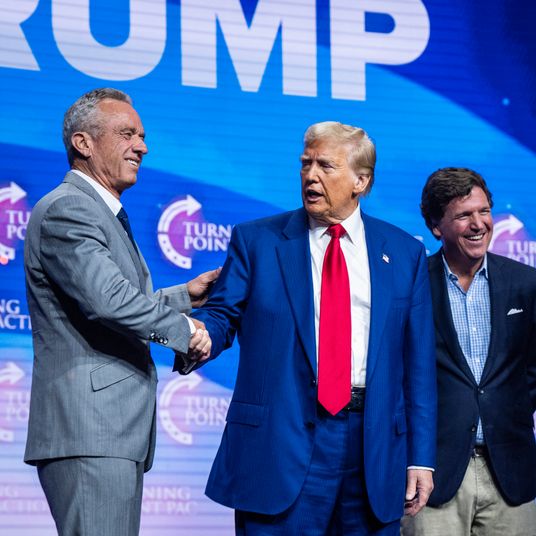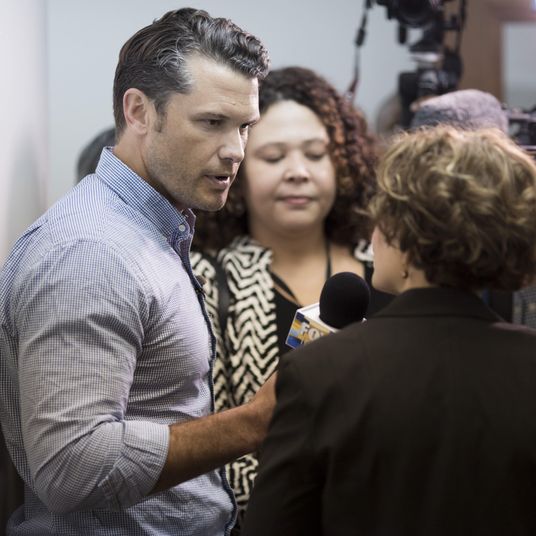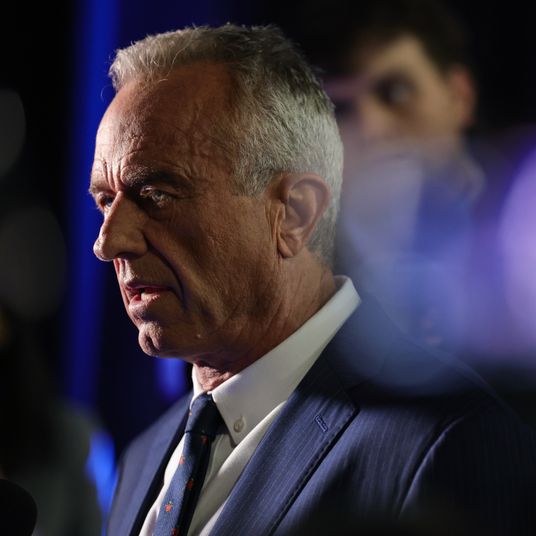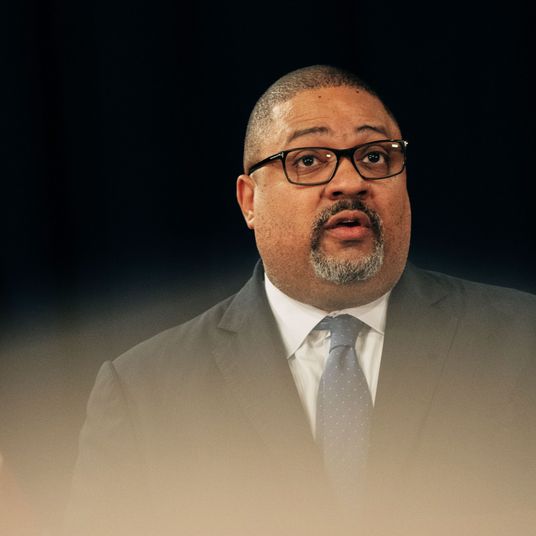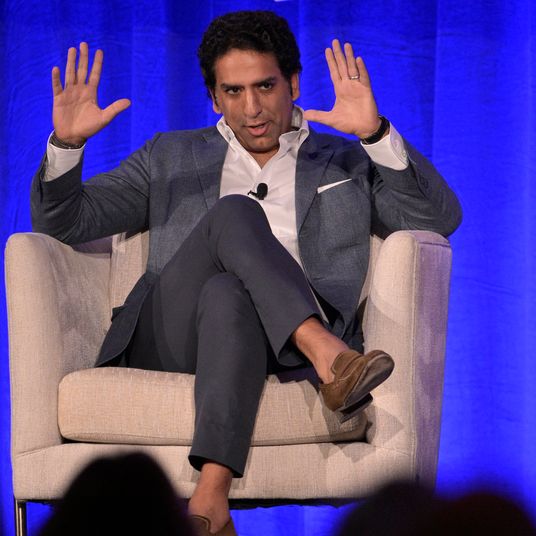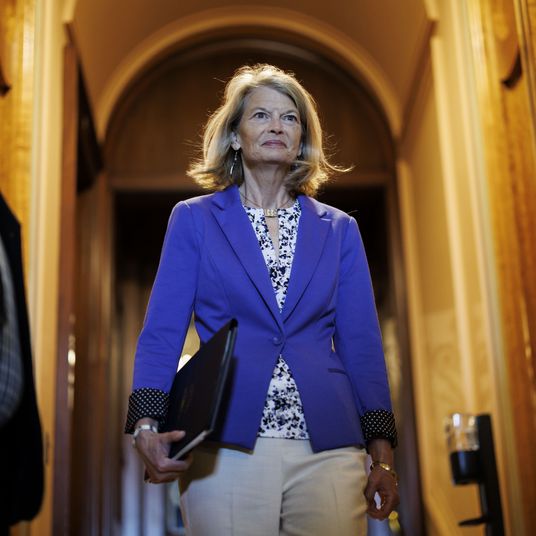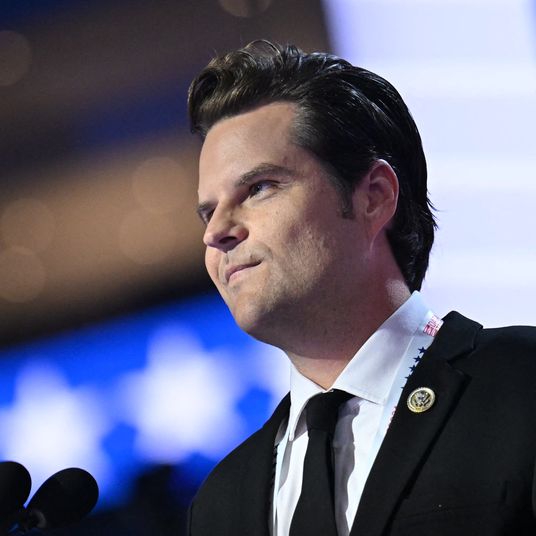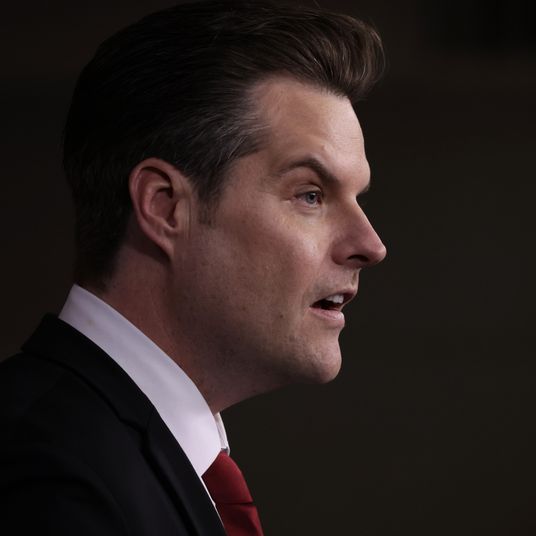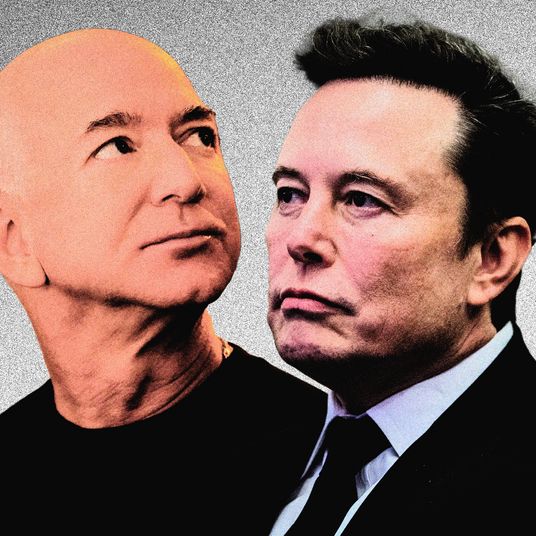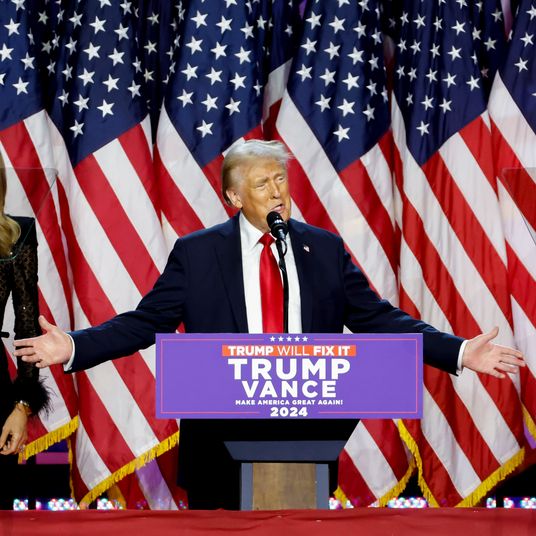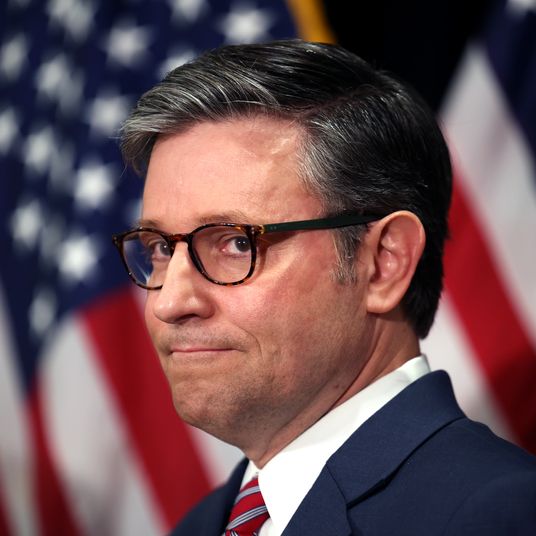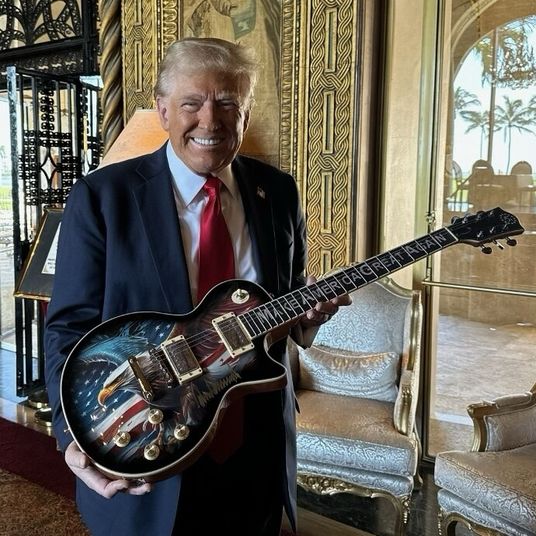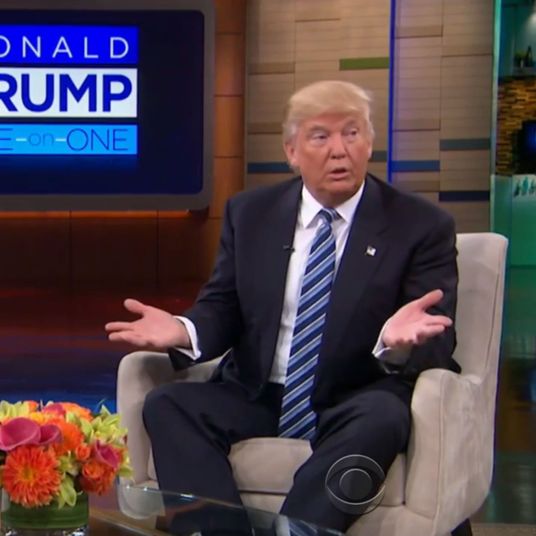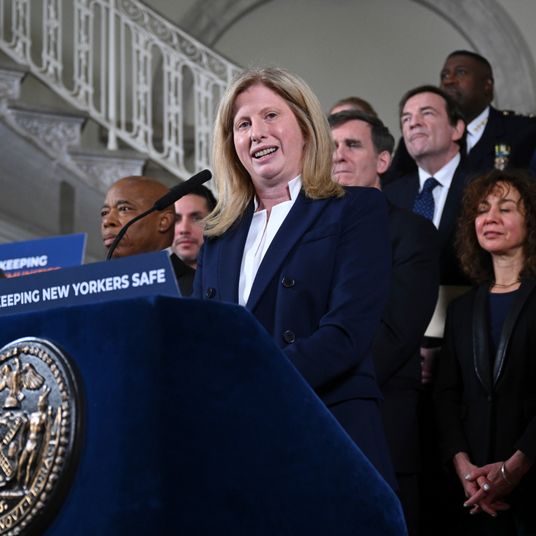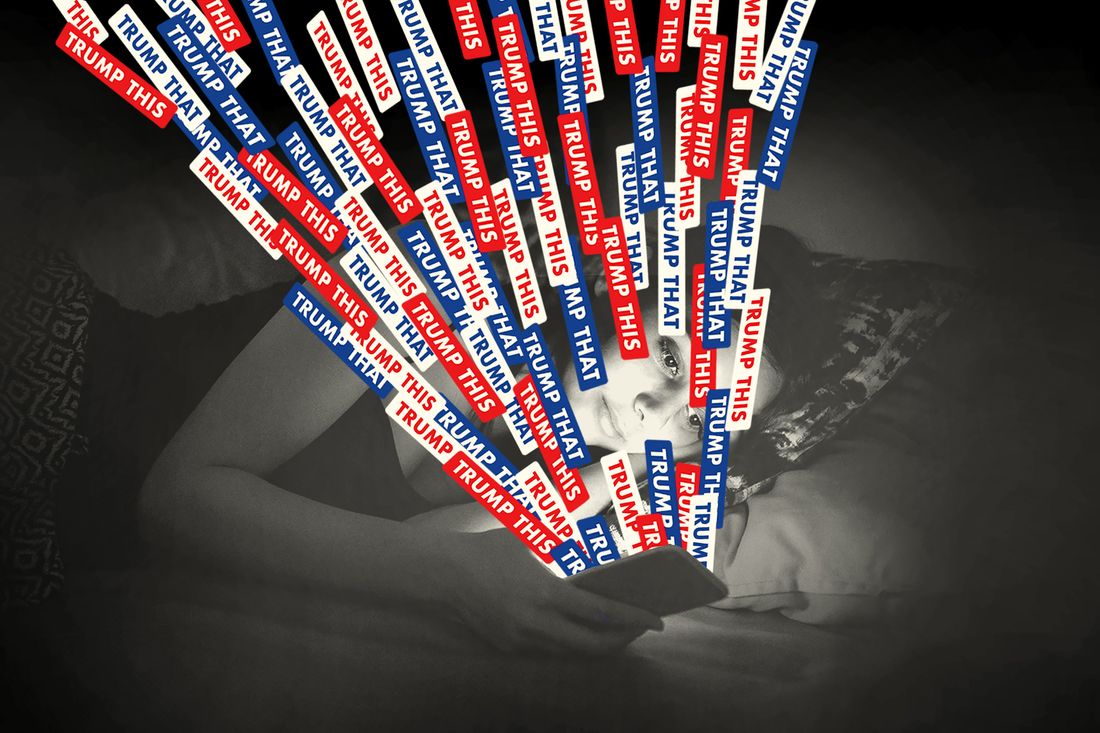
I watched the 2016 election returns at a friend’s co-op house in Brooklyn with dozens of millennial leftists. You can imagine the pitiful shape of the night: blasé confidence giving way to nervous titters to gallows humor to dread-filled silence. People cried. I got drunk and called my mom. The days that followed were filled with frenetic activity, urgency, and reevaluation. My girlfriend and I broke up; we were unhappy, and the rote hope that had sustained us seemed naïve, delusional in the face of history’s reproach. Things, we realized, did not simply get better. Meanwhile, my days filled up with meetings: tactical confabs–cum–therapy sessions where fellow activists, many of us newly minted, processed and prepared for what might be coming.
This time feels different. At least to me. Perhaps it’s simply a matter of non-novelty. The devil you know is at least less alarming than the devil you don’t, and Donald Trump is a devil we know all too well. Or maybe I’m just old. Part of me hopes the young are feeling the way I did eight years ago: angry and brave, buoyed by collective indignation and defiance. I certainly hope they don’t feel resigned. Many young people refused to vote for Kamala Harris over the ongoing butchery in Gaza. They did so out of moral seriousness, not cynicism. And I suspect they have moral seriousness to spare. The Democrats didn’t deserve to win; the victims of Trump’s policies won’t deserve what’s coming for them either.
“I feel pre-exhausted,” I heard someone say on the street after the election. I know what they mean. Many liberals and leftists experienced the beginning of Trump’s first term as a constant barrage of menace and mayhem — much of it directed at them personally. That there was some narcissism in this didn’t diminish its effects. Paying close attention to Trump’s every move — like tracking a horse loose in a hospital, as comedian John Mulaney memorably put it — was full-time work. It was enervating. It narrowed our field of view. People forgot how to talk about other things or felt they had to apologize for remembering. Alertness and action were self-cures for unmoored terror. Without vigilance, the world might get away from us.
This time, fewer have the appetite for such monomania. There are many things we fear losing under Trump. One of them is our minds: Allowing national politics to colonize our psychic lives again — that sounds like surrender. The prospect is exhausting. And it feels pointless. Not that I haven’t felt panic or despair. Trump’s initial staff and Cabinet picks are a frightful jumble of loyalists and MAGA misfit toys, populists and neoconservatives, ruthless bureaucrats and faces from television: hawkish Marco Rubio for State; isolationist Tulsi Gabbard for director of national intelligence; the bellicose Fox News personality Pete Hegseth, advocate for alleged war criminals (whom he convinced Trump to pardon), for Defense; accused sex pest Matt Gaetz for attorney general; anti-vaxx activist Robert F. Kennedy Jr. for Health and Human Services; the virulent nativist Stephen Miller for deputy chief of staff for policy. Many horses loose in many hospitals. But what will matter is minimizing the damage they can inflict, not our fretful watching.
Is there a difference between accepting “pre-exhaustion” and preemptively opting out? Yes. The best kind of political engagement strengthens bonds among neighbors, co-workers, and co-congregants; it cultivates belonging and agency. The worst sort is entirely mediated by the pageantry of Washington, D.C., allowing the latest palace intrigue — who’s up, who’s down, who’s about to be knifed — to keep us frantically engaged. It is perhaps Trump’s singular talent to orchestrate his political life as a captivating show of which he is the protagonist. Among the most popular recurring subplots of Trump, season one, was “the vanquishing hero.” Many were cast in the role. But their earnest performances suffered from a tonal mismatch with the material. Dutiful bureaucrats like Jim Comey, Robert Mueller, and Anthony Fauci had rehearsed for melodrama; Trump was starring in a farce. Moral solemnity finds little purchase in a world ruled by irony, camp, and shamelessness. Through all this, we were mere spectators, bemused or anguished, far from the action. The Trump show works as theater, or reality TV, but it’s parasitic on our capacity for self-government.
Of course, there’s also the matter of winning next time. This moment could be a galvanizing one for the political class, a moment for serious self-inquiry. But since the election, the exhausting pastime of my peers — pundits and pontificators — has been the postmortem. It’s a funny term. Who died? Not democracy, surely. When all the votes are counted, Trump will have won some 312 electoral votes and carried the popular vote, all while spending half a billion dollars less than his opponent. For better or worse, democracy had a good night. What we really mean by postmortem is determining why the losers lost. Harris’s campaign is the corpse. But then why so many coroners? As it happens, the cause of death, in each report, is a disease for which the examiner is selling a cure. The post-mortem is not a fact-finding mission but a contest for power, for the privilege of defining the party’s future.
I have my own cures to peddle. For example, I think the Democrats should be recruiting candidates from among rank-and-file union leaders, people who have learned to speak plain and forcefully about economic need, who understand solidarity, and who know how to mediate conflicts among workers with shared interests (and common enemies) but different cultural values and tastes. The truth, however, is I don’t know exactly what happened. No one does. The result was overdetermined. We lost bad. And I feel humbled by defeat.
Shame, I think, is what afflicts us when we refuse to be humbled. One feels shame for having missed something, misapprehending political reality, misunderstanding one’s country. One feels shame for risking too much hope, for encouraging others to do the same. And most of all, one feels shame — humiliation, even — over feeling powerless: powerless to stop bad things from happening to people we love but also simply less powerful, ousted from the driver’s seat of history. Shame causes people to act out, to cling to the flimsiest satisfactions: to reciprocal cruelty, recrimination, illusions of control, self-pity. All of these too are exhausting, though they can easily be mistaken for solutions.
I’ve been remembering a line from Bertolt Brecht: “It takes courage to say that the good were defeated not because they were good, but because they were weak.” Trump himself teaches a different lesson: self-doubt should be avoided at all costs, especially when you lose.
But if humility is a bad way to win, it’s a better way to live. And democracy requires it: We have to be curious about what other people want. In a functioning democracy, politics isn’t separate from living. It is attained, Jane Addams wrote, by “mixing on the thronged and common road where all must turn out for one another, and at least see the size of one another’s burdens.” In our decrepit Republic, we exhaust ourselves most grievously in isolation, rooting for politicians we’ll never meet to protect us from each other.
It’s true, exhaustion can be demobilizing, but it can also be a guide. Triviality is exhausting. So is sanctimony. Likewise, self-satisfaction, meanness, and smarm. If we’re exhausted by the idea of letting our imaginations and our lives be limited by the whims of a charismatic child-king, the obsequious efforts of his courtiers, and the feeble scheming of his electoral opposition, then exhaustion is a wise teacher. We have lives to live, families to nurture, movements to build. We know what exhausts us. But what gives us energy? What makes us hopeful instead of cynical? What makes us curious about the world and other people, instead of bored or contemptuous? What if we exhausted ourselves with each other’s burdens instead of our own dread? Things won’t necessarily get better. But they might.






